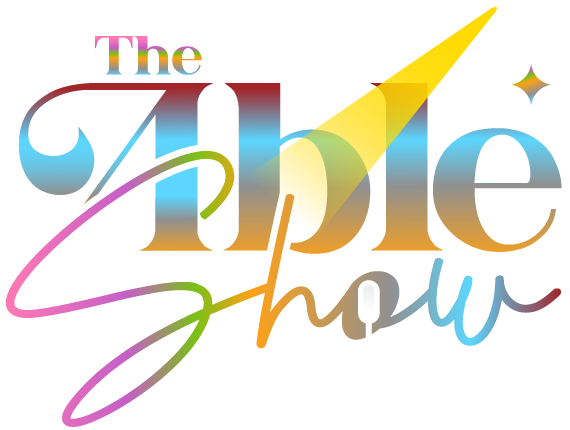Some marginalized groups have large movements advocating for their rights. But what about the community of people with autism?
Movements like Black Lives Matter, #MeToo, Stop Human Trafficking, the LGBTQ+ community, and Free Tibet are unified by marginalized groups banding together for strength, community, and understanding. These initiatives are powerful, organized, and loud. Yet, there’s a glaring disparity when it comes to disability rights movements, especially for individuals with autism and neurodivergent people, as well as those with “invisible” disabilities.
While there are laws in place to protect the rights of individuals with disabilities—most notably the Americans with Disabilities Act (ADA), which prohibits discrimination based on disability and mandates accessibility in public spaces—enforcement remains a major challenge. For example, employment protections exist under the ADA, yet individuals with autism often face significant barriers in the job market. There are also workplace accommodations under the ADA and Individuals with Disabilities Education Act (IDEA), which supports educational accommodations for students with disabilities. Despite these protections, individuals like myself still face daily struggles to secure our civil rights.
Why? Because, even though we have legal protections, we need active support from allies, advocates, and our communities to make our voices heard. Without this help, our “bark” isn’t as loud as it should or could be. The need for advocacy and allyship is essential.
While society makes efforts not to discriminate against other marginalized groups who have significant movements to support them, the same is often not true for autistic individuals. Those of us with autism may struggle with social skills or organizing efforts on a large scale. Despite our intellectual strengths, we need allies who understand and empathize with our unique experiences, individuals who are willing to help amplify our voices. We cannot fight alone—but we can make a lasting impact if others join us and truly listen, rather than preach. Together, we can make the world more accessible, inclusive, and fair for everyone.
